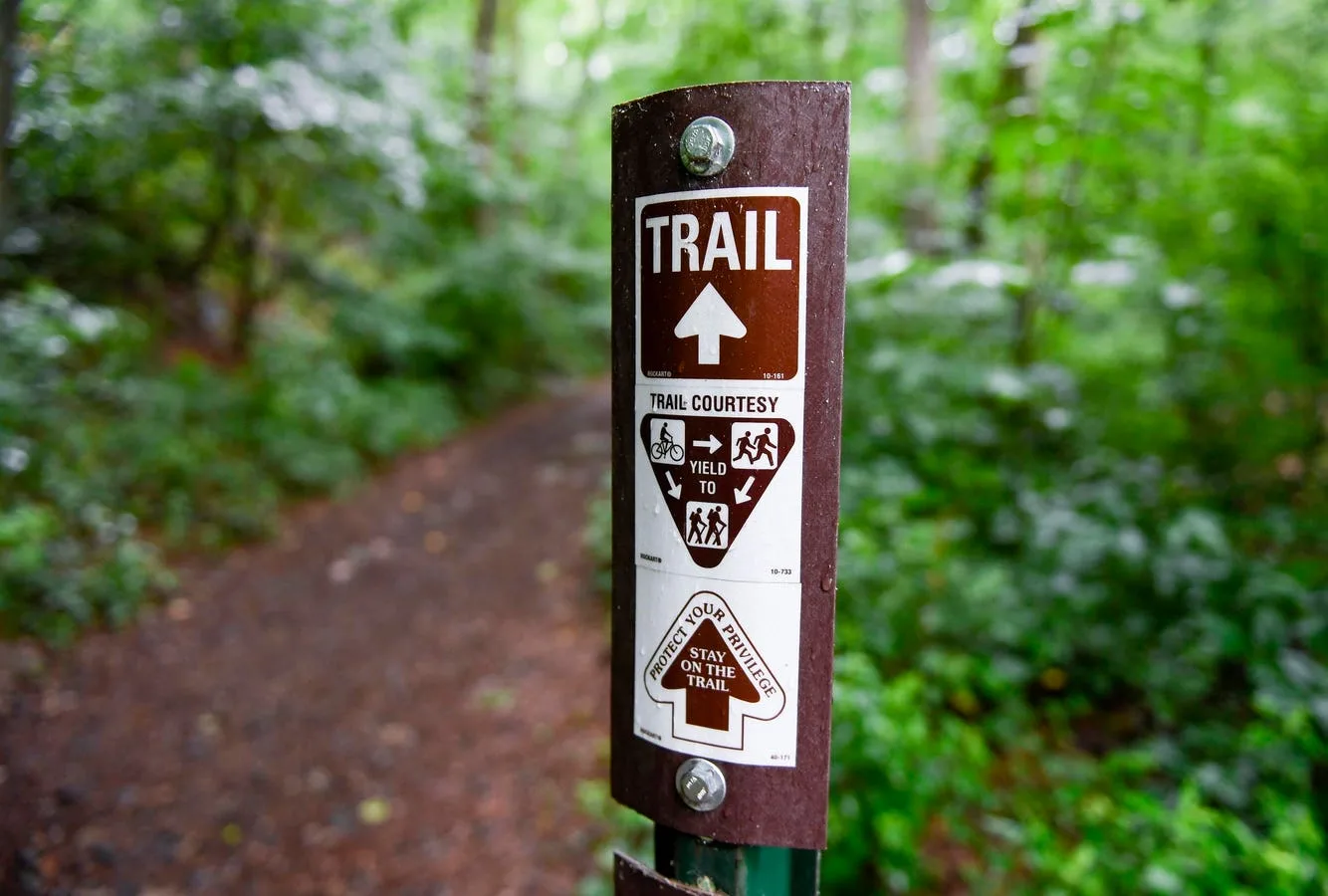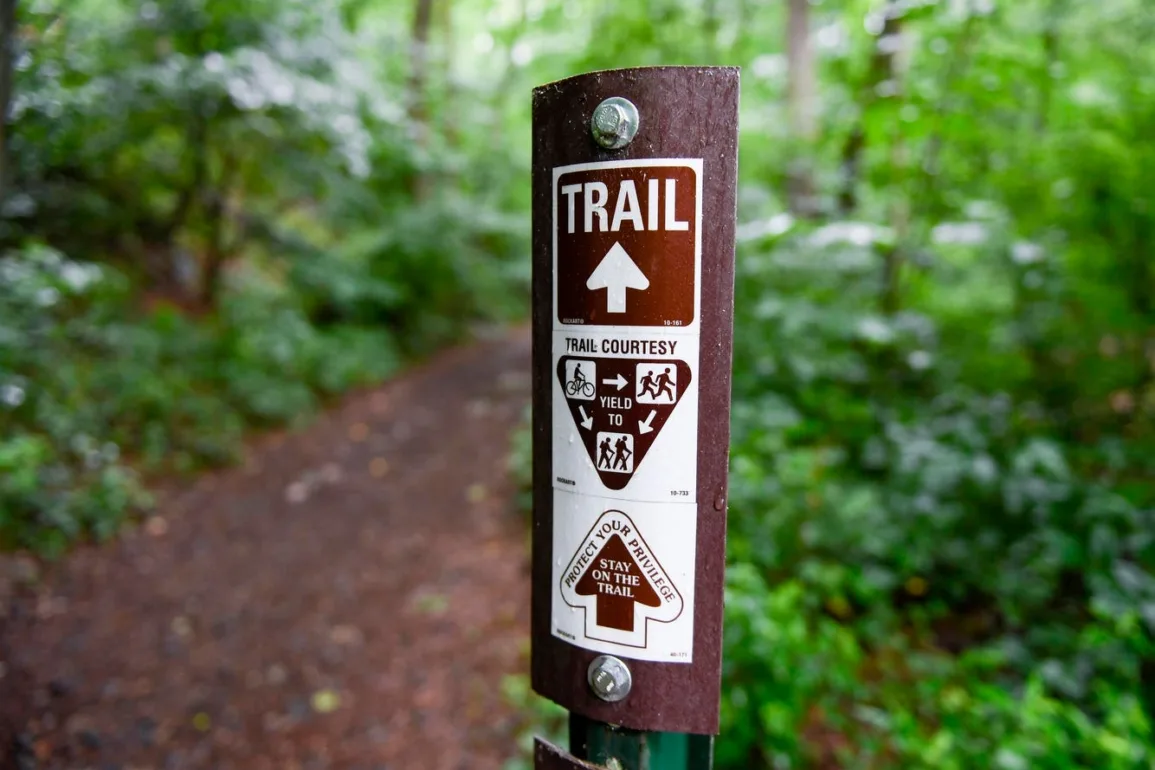
In a public social media post, Washington, DC – based executive coach Olu Burrell announced – on World Mental Health Day – his intention to take a full mental health week.
“Over the next few days, I’m taking some time for self-care,” Burrell, who is 43, wrote. “I’m checking into a local black-owned hotel to get away as I’ve been burning the candle at both ends (and sometimes in the middle) for so long that I know it’s time for me to unplug for a few days.”
He’s not alone. While many high-achieving Black professionals have overworking to thank for some degree of their success, they’re no longer willing to sacrifice their mental health in order to achieve.
Whether publicly posting as Burrell did, making an explicit request at work, or discreetly implying to close friends and family only, more Black professionals are taking the time off they need.
Since the pandemic, they’ve gotten more serious about preserving their mental health — whether employers support it or not.
And they’re being more open about it.
“I’ve taken [mental health days] throughout my career,” said Christen McCluney, a 42-year-old strategic communications leader in the Washington, DC area. “But [I] have recently started to reprioritize [taking them] when I realized I wasn’t taking leave like I used to because I was working from home/hybrid,” she shared.
McCluney said that since COVID, she’s become more attuned to her body and listens when it tells her it’s time to rest. She’s taken at least one mental health day in the past year when she felt burnt out and overwhelmed.
Mecca Gamble McConnell, 35, said mental health days are new for her, but she’s leaned on them since stresses began to mount for her in recent years. The Atlanta-based photographer and creative director said she’d heard of mental health days prior to the pandemic but never took them.
“I would feel ashamed that I couldn’t power through,”she shared.
Like Burrell, McConnell was raised to ‘work hard’ and ‘continue on’ regardless of how she was internally feeling.
But since the pandemic, she’s changed her tune. Now, if she needs to take a mental health day she does, and she has new therapeutic tools to care for herself.
“Now I journal, pray, and sit in meditation,” she said.
Instead of waiting for burnout to strike, professionals like Amira Barger are going all in by taking mental health days as a preventative measure.
Barger, a writer and agency executive based in San Francisco, says she anticipates the regular need for a mental health day and builds in the time. For her, it’s a priority, not an afterthought.
“Generally, I find a Monday once a month to extend my weekend and have a mental health day,” Barger said. “I usually spend that mental health day in nature near a body of water.”
Steven Hughes has found a similar rhythm for rest. When his work picked up significantly in March of this year, the Atlanta-based financial therapist and account executive listened to his sister who had encouraged him to take some time.
“My sister is a huge advocate for mental health,” he said. “She’s always telling me to take more days off.”
Hughes says he was “swimming in opportunities” but felt overwhelmed with all the things he needed to do for those opportunities to land the way he wanted them to.
“To keep myself from drowning in opportunity I took a week off of work,” Hughes said.
Like many high-achieving African-American professionals, Hughes used to believe in working twice as hard to obtain his goals, which meant taking on more work and not taking time off for his mental health.
But that perspective has changed in the past few years.
“Since the pandemic, I’ve taken a different approach,” he said. “Before I focused on a ton of activity and action. Now I focus first on how I can be my best self and show up at the very top of my capabilities to get the best results. I’ve found that those results are most predictable when I’m not overwhelmed, stressed, etc. Mental health days have allowed me to show up better at work.”
The week he took off earlier this year was a game-changer that benefited more than his mindset. Since incorporating periodic mental health days into his schedule this year, he says he’s earned more money than he’s ever earned before.
“Now I take a week off every quarter,” he said.
NEW YORK, NEW YORK – AUGUST 25: A person reads Greenlights by Matthew McConaughey in Lincoln Center … [+]
Rest and self-care are easy to forget given the pace of modern life and all its demands. Some people feel shame or guilt for taking time out. But by sharing openly on social media, Black professionals are serving as online accountability partners — normalizing the act of caring for themselves, and reminding one another to do the same.
“Sometimes we get to so busy with life that we forget the importance of taking a moment for self,” added McCluney. “I saw a [social media] thread from a friend that asked if anyone else was feeling exhausted, and it was full of mainly Black professional women saying yes.”
Burrell, who posted on social media about his upcoming mental health break, said he did so publicly and intentionally because he feels that men — especially Black men — don’t take the time to recharge in meaningful and impactful ways.
“I think at first you chalk it up to life life-ing, but then you understand that ‘working smarter, not harder’ can be applied to resting as well,” he said.
But he acknowledges he didn’t see many well-rested men when he was growing up. The exhaustion was all around him, which is one reason he’s doing something different in hopes of breaking that cycle.
“Every Black man I knew was tired all the time, from what they carried both inside and outside.”



